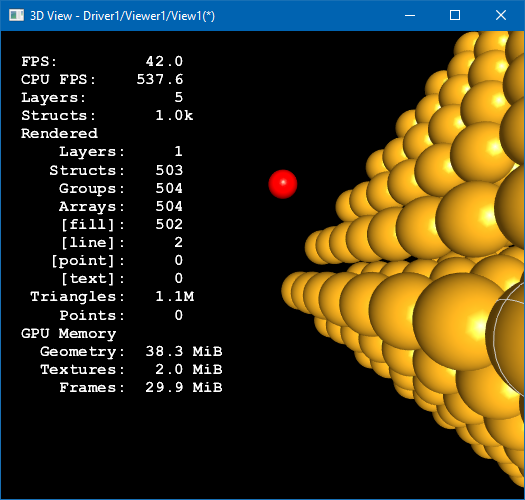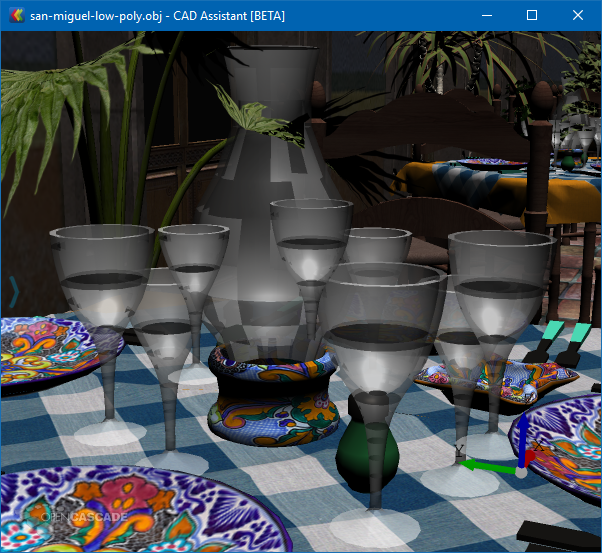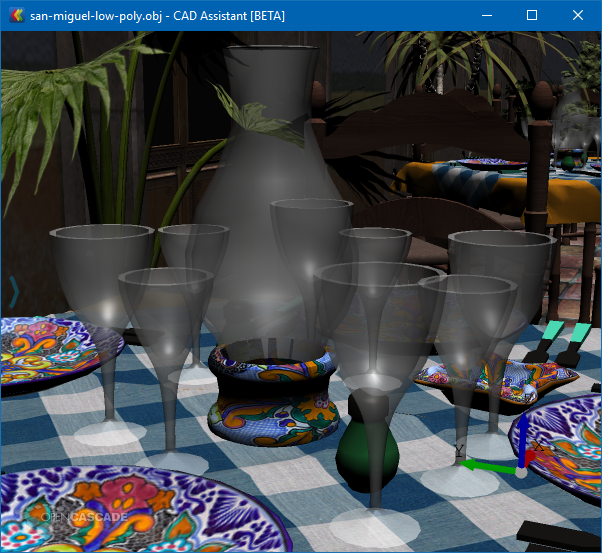The version 7.0 of Open CASCADE Technology features the new General Fuse (GF) based algorithm - Cells Builder. The algorithm can be very useful if you have to perform several standard Boolean operations such as CUT, COMMON and FUSE on the same shapes to obtain the final result.
Due to the possibility to get any split parts of the arguments (parts of the input shapes split in the places of intersection with other input shapes), which are called Cells (that’s where the name for the algorithm comes from), the Cells Builder may significantly simplify and speed up these operations as all intersections will be performed in a single run. In effect, the Cells Builder allows executing the Boolean expressions on the shapes, i.e. performing a sequence of standard Boolean operations in one operation.
The first version of the algorithm (available since OCCT 7.0) had limited capabilities. It worked only with the shapes of the same dimension - only VERTICES, or only EDGES, etc. Recently, the algorithm has been extended to also work with multi-dimensional input shapes. The next version of Open CASCADE (7.2) will feature this extension.






